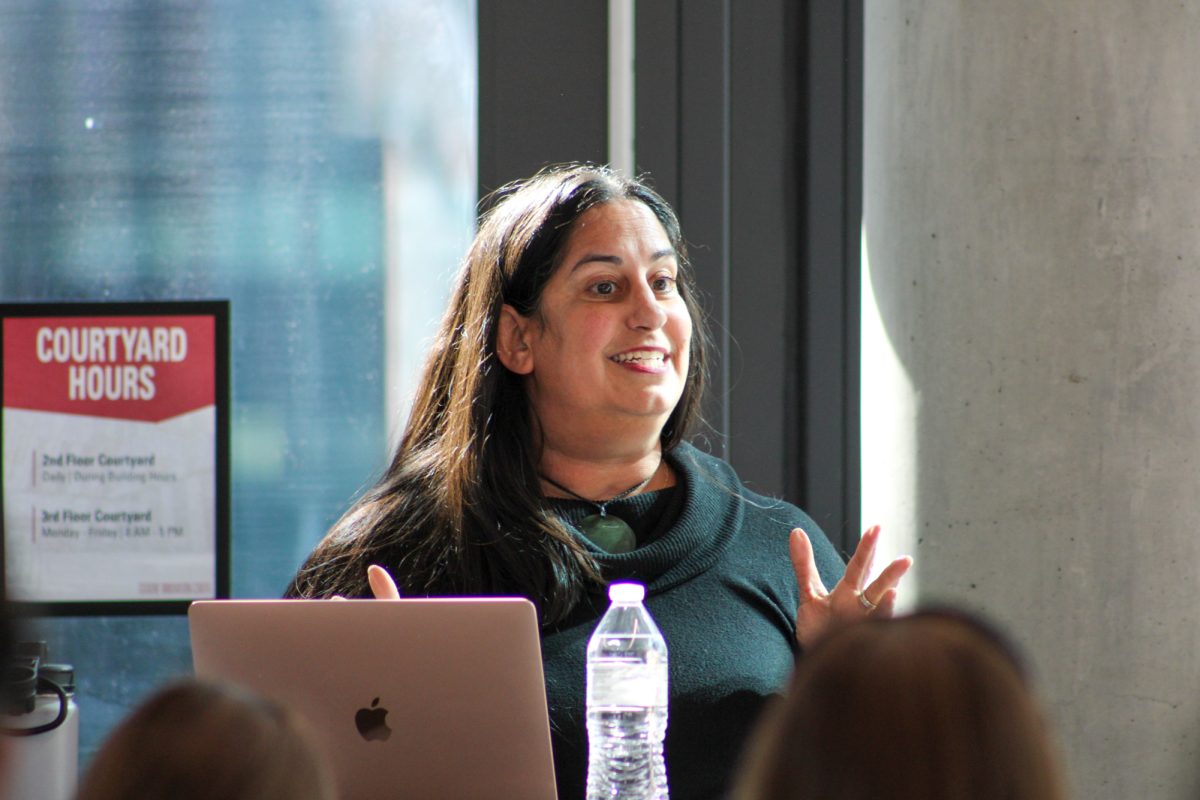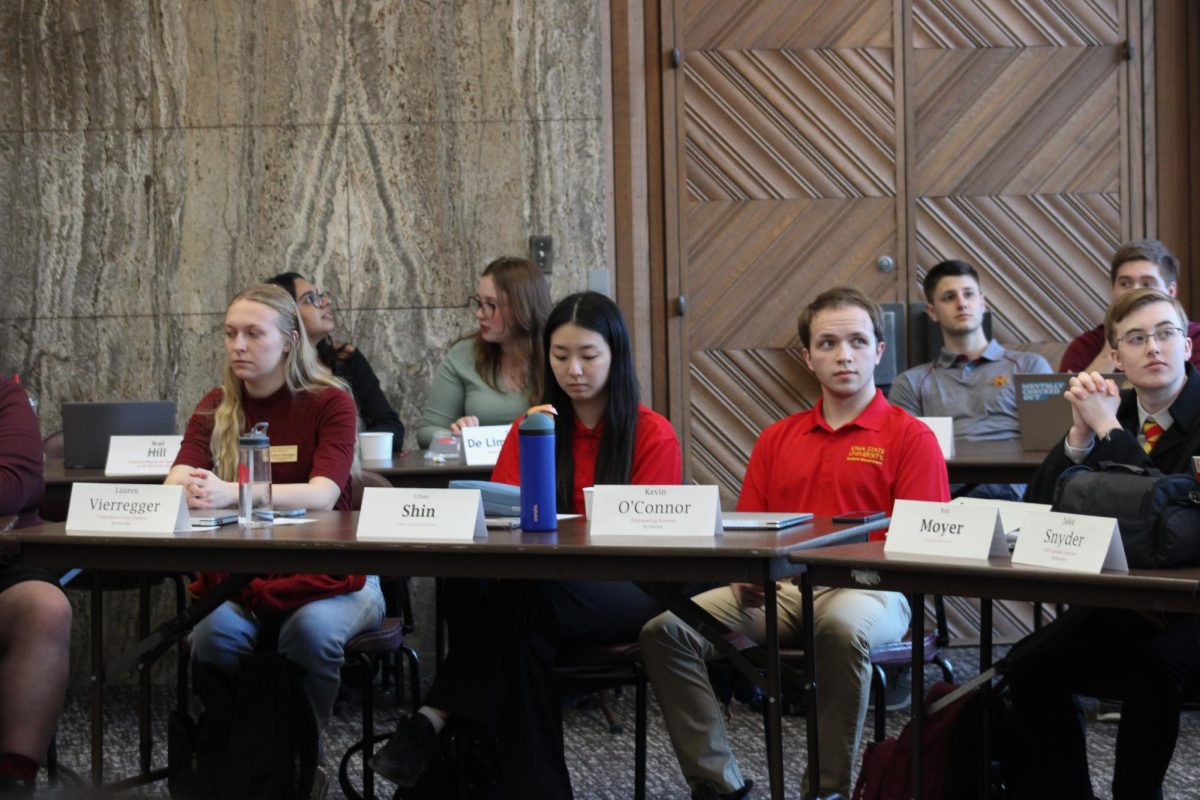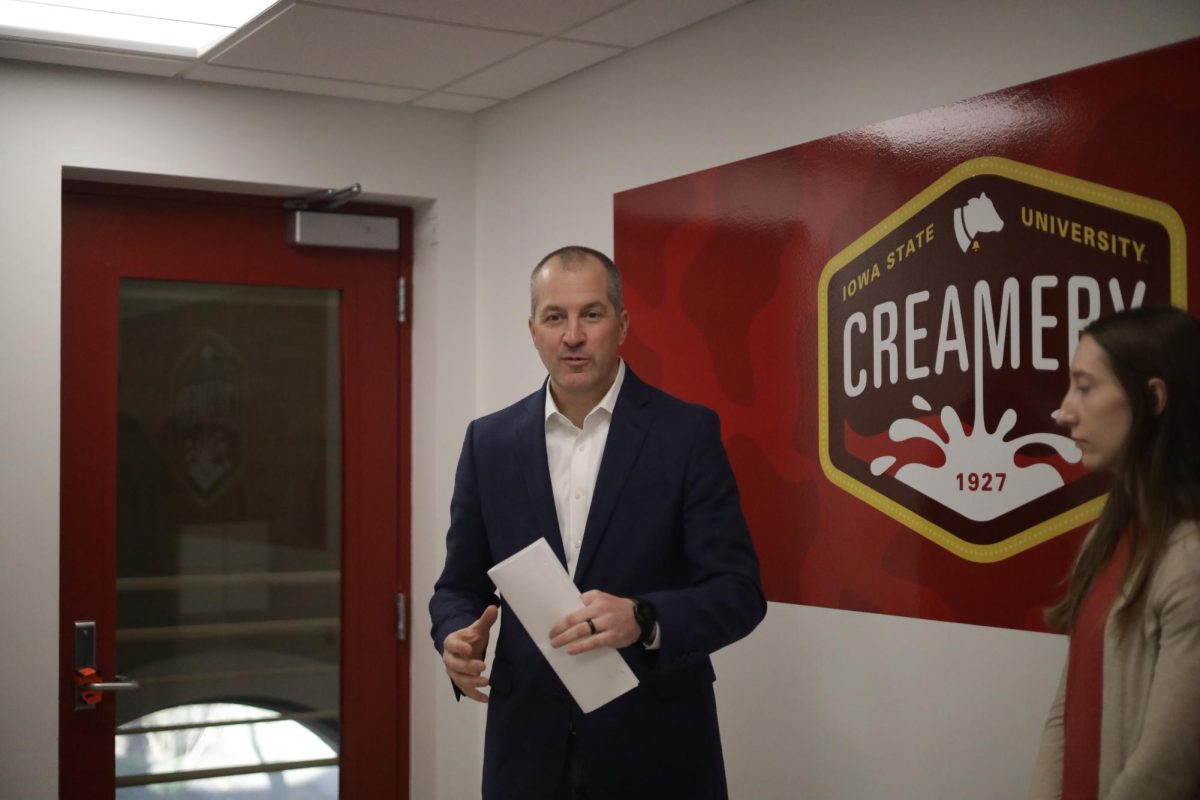Editorial: We are in danger of losing touch with our history
February 10, 2012
When asked who you are, you may respond by saying a man or woman, a student, an Iowan, or a Republican or Democrat. However, no matter who you ask, at some point we all define ourselves as an American.
To be part of a nationality is to identify with a shared history. As children, we sat on our grandparents’ knees and heard the great American story of D-Day or of how they fought from island to island in the South Pacific to defeat Japan. Every American knows the story of the Great Depression and the hardships our grandparents suffered and triumphed over.
It’s our shared American history and spirit that shapes the American dream and gives us hope for our future. But sadly, even with the tales told from generation to generation, we are losing this history.
Our most recent loss occurred on Saturday when World War I joined the ranks of conflicts from which there are no longer any survivors. We are forever separated from that important part of world history with the death of Florence Green of England, the last survivor of the war.
This brings up the great importance of learning our own history while we have the chance. If we rely solely on history books to study ourselves, we lose the multitude of perspectives on the great occurrences of our generational footprint.
We read history books to learn the academic perspectives of history. We may study the memoirs of generals and statesmen who “made” history, but only the unique stories of our parents and grandparents can give us the perspective of our shared humanity, our common loss and the struggles that united us.
This is a vital fact to recognize. Estimates suggest that 1,100 World War II veterans die every day. Only 27 years separated the end of World War I and the end of World War II. However, we may not even have 27 years. Mrs. Green was nearly 111 when she passed away; most of us will not know individuals who will live that long to share their story.
As we lose our veterans, we lose the spirit and memory that shapes the American identity. Even though each generation defines itself in its own age, we are strongest when we build from the memory of our common struggles. Our common history unites us and defines our future.
It is important for us to take the lessons of our common struggles to heart, to learn from the lessons of older generations and to continue to build on their accomplishments. Most students identify as American, but if we lose our common history, we may lose what it means to be American.






